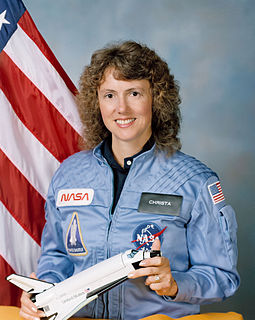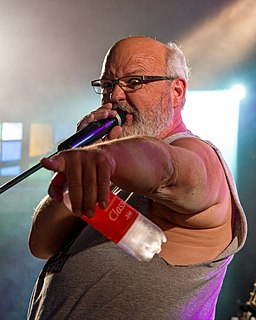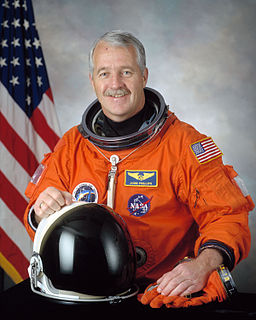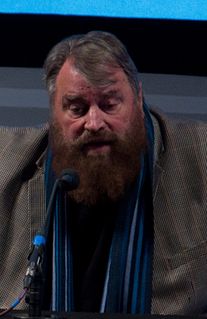A Quote by Trevor Paglen
In the late 19th century, Russian Cosmists such as Nikolai Fyodorov believed we need to go to space to collect all the particles of all the people who had ever lived. Cosmism says going into space is going into the past.
Related Quotes
By 1973, we had a space station, the Skylab, and we had multiple probes going up to planets. So, all this wonderful stuff happened in 10 to 15 years. About that time, there should have been enormous initiatives to make it affordable for people to fly in space, not just a handful of trained NASA astronauts and Russian cosmonauts.
I think going into space would be like going deep into the ocean, like 5,000 meters down. When you go down that far, it's just awfully black. There's not much there except mud and some particles. I imagine space would be a similar thing. The only difference is you're hoping to bump into some sort of intelligent extraterritorial being.
I'd like to reiterate that the opportunities in space are going to be vastly different than they've been before, so, for young Canadians preparing for their futures, it's important to understand that there are going to be many opportunities to work in either new space industries that are being developed or to actually go to space, to be one of the people to join our team of explorers who are going to leave lower-Earth orbit. That, ultimately, is amazing, the opportunities we'll have.
The Americans are still the leaders in human space flight. I feel we have a danger here of kind of stagnating. We're kind of resting on our laurels and there's a danger going forward if we don't take bold steps to really support human space flight in this country that we could fall behind. After the space shuttle is retired, we're going to have a big gap, five to seven years, at least where we're not going to have the ability to send our own astronauts into space, we'll have to buy rides on the Russian Soyuz, and so that will be a pretty big step down for us.
I actually had four space flights altogether, three times on shuttles. My second flight was really unique for me because I was going back into space, first of all. The first one was like an appetizer at a nice dinner. You know, you want to go up and you want more. So, the second time I got into space, it was neat because I got to actually do two space walks.







































